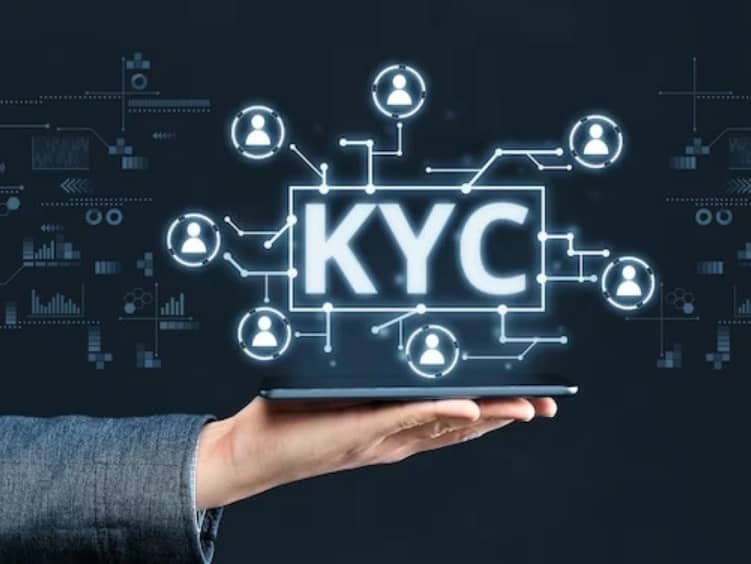Subscribe to wiki
Share wiki
Bookmark
Know Your Customer (KYC)
The Agent Tokenization Platform (ATP):Build autonomous agents with the Agent Development Kit (ADK)
0%
Know Your Customer (KYC)
Know Your Customer (KYC) is a series of steps taken on a cryptocurrency exchange platform implemented by exchanges to verify their customers’ identities and perform due diligence in understanding their financial activities and risks. The KYC process is a key requirement for complying with anti-money laundering (AML) policies and regulations. [1]
KYC helps prevent illegal activities such as money laundering, terrorist financing, and tax evasion. Every exchange platform handles KYC differently, but in general, information such as an individual's full name, birthdate, residential address, and national ID number is inevitable. Furthermore, a photo of a valid government-issued ID card, like a passport or driver’s license, is requested for identity verification. After an individual's identity has been verified, they can access the exchange platform’s services. [1][2]
Overview
Know Your Customer (KYC) is an anti-money laundering (AML) screening procedure involving customer identification, due diligence, and continuous monitoring that signifies AML policy compliance. In the virtual asset industry, where there is a high risk of money laundering, standards set by entities to hinder money laundering and terrorist financing must be adhered to. The Financial Action Task Force (FATF) is the policy-making body that establishes global standards, known as FATF recommendations, which FATF member jurisdictions can act upon. For KYC compliance, FATF recommended that crypto exchanges adopt a risk-based approach. This would allow low-risk individuals to face simpler measures, while high-risk individuals would be subjected to more intensive KYC compliance measures. [1][2][3]
The KYC Process
There are three components involved in the KYC process: the customer identification program (CIP), customer due diligence (CDD), and continuous monitoring. [4]
Customer identification program (CIP)
Individuals are required to undergo a CIP to verify that they are who they claim to be before using an exchange platform. Reliable and independent data are needed, and the information required can include: [4]
- Full name
- Birth date
- Government-issued ID card
- Business licenses etc
Customer due diligence (CDD)
CDD involves understanding the risk new individuals could bring when using an exchange platform and ensuring they are not facilitating financial crimes. It reduces the risk of doing business with individuals at risk of criminal activities, such as money laundering, fraud, etc. CDD risk ratings are assigned to accounts by financial service providers through background checks, transaction history reviews, and customer surveys. [4][6]
Continuous monitoring
Regular review of users' transactions for signs of criminal activity constitutes continuous monitoring. When checks are conducted and suspicious activities are detected, virtual asset service providers (VASPs) are required to file suspicious activity reports (SARs) with FinCEN or other regulatory agencies. Continuous monitoring has three elements that make it effective: [4][5]
- Automatic alerts: To notify the platform's compliance team through real-time transaction monitoring alerts when there are any suspicious transactions.
- Customized alert thresholds: To let the compliance team in an organization set customized alert thresholds for risky transactions, with different thresholds, where only alerts for historic transactions that require a follow-up can be received.
- No extra fees: To eliminate mandatory payment requirements made by the compliance team before they can carry out the "re-screening" of old transactions.
Benefits of KYC in Crypto
KYC is the foundation of anti-money laundering/combating the financing of terrorism (AML/CFT) compliance policies, and when implemented, crypto firms can assess their compliance risks and avoid reputational damage. With KYC, accurate risk profiles of individuals will be documented, which can then be used by exchanges to easily identify users who misuse their services. Below are the advantages of KYC: [2][6]
- It helps to build trust and transparency with individuals.
- It lowers the risk of financial crime.
- It assists in the stabilization of cryptocurrency exchanges.
- It ensures future compliance for companies.
See something wrong?
The Agent Tokenization Platform (ATP):Build autonomous agents with the Agent Development Kit (ADK)
